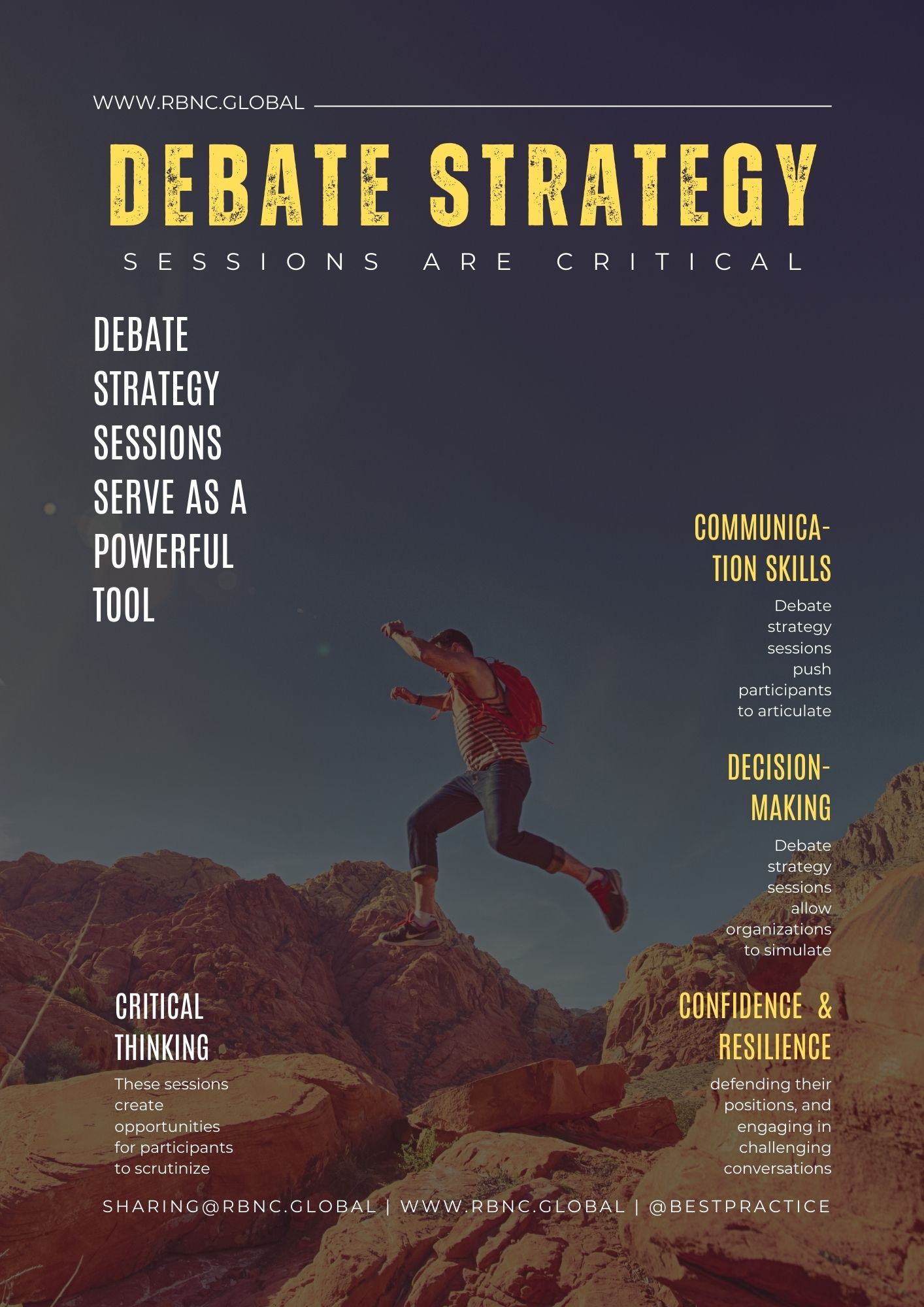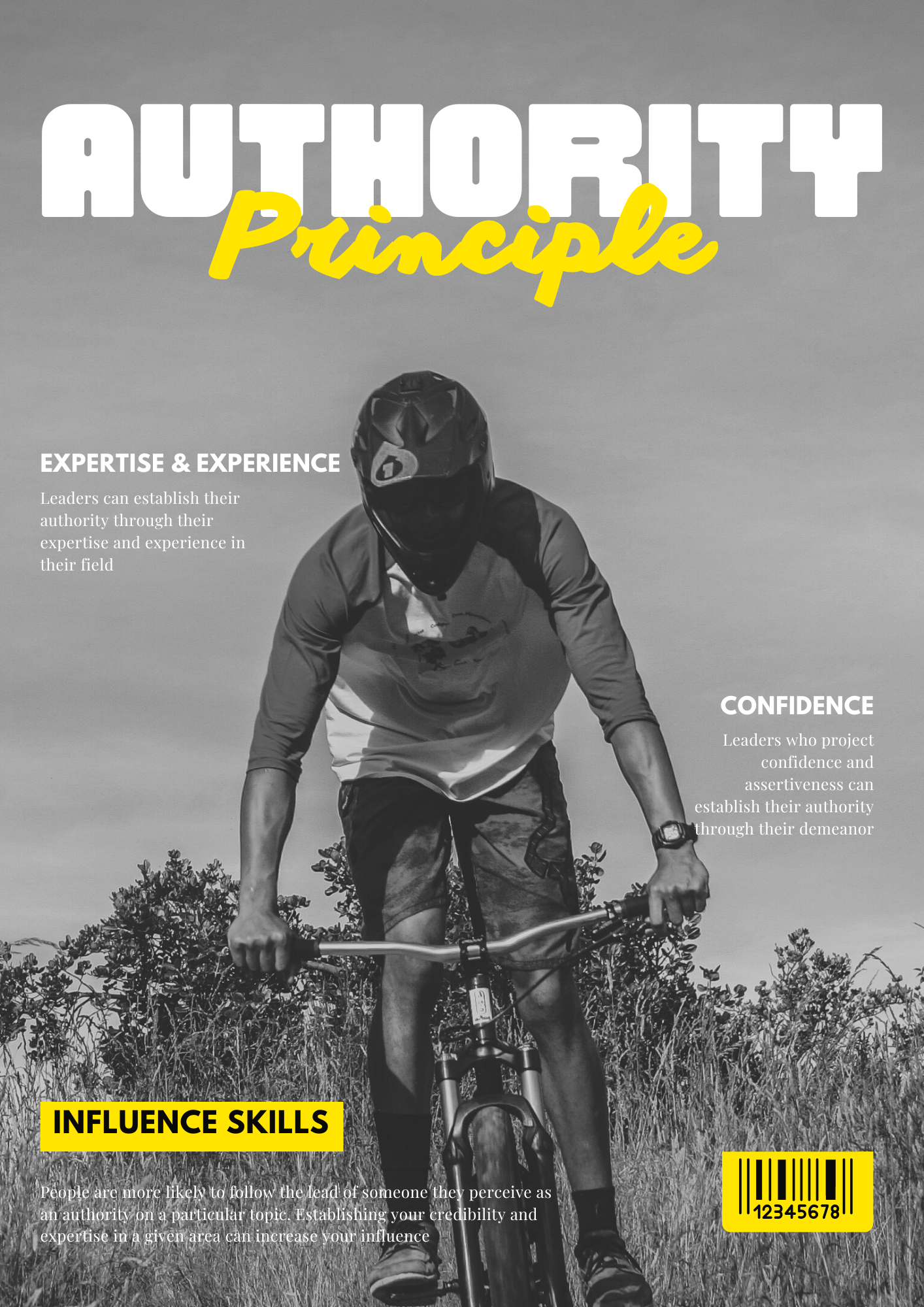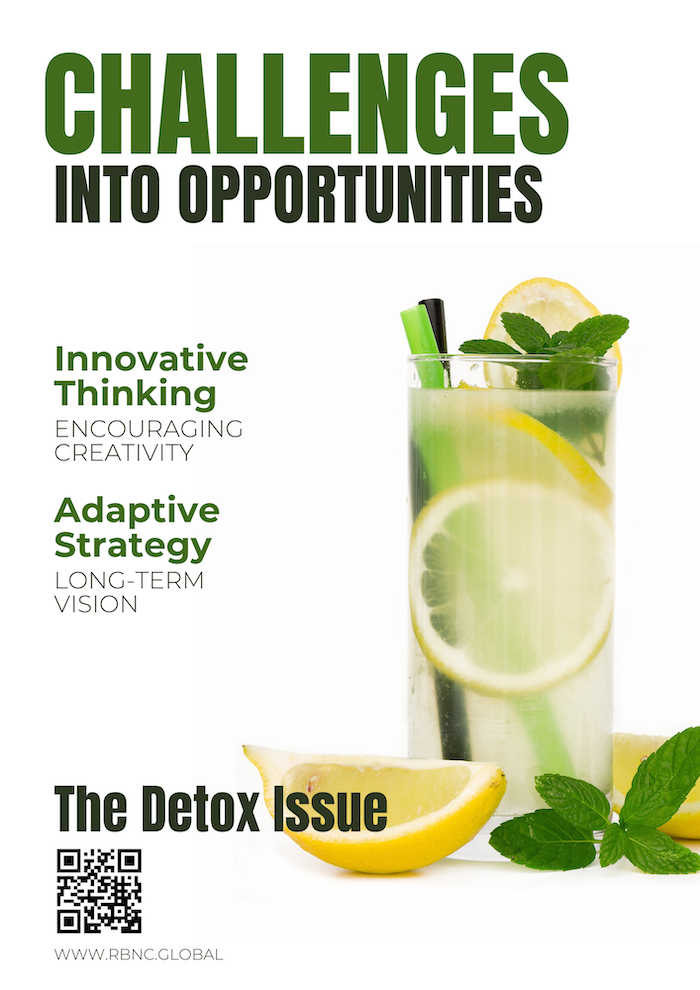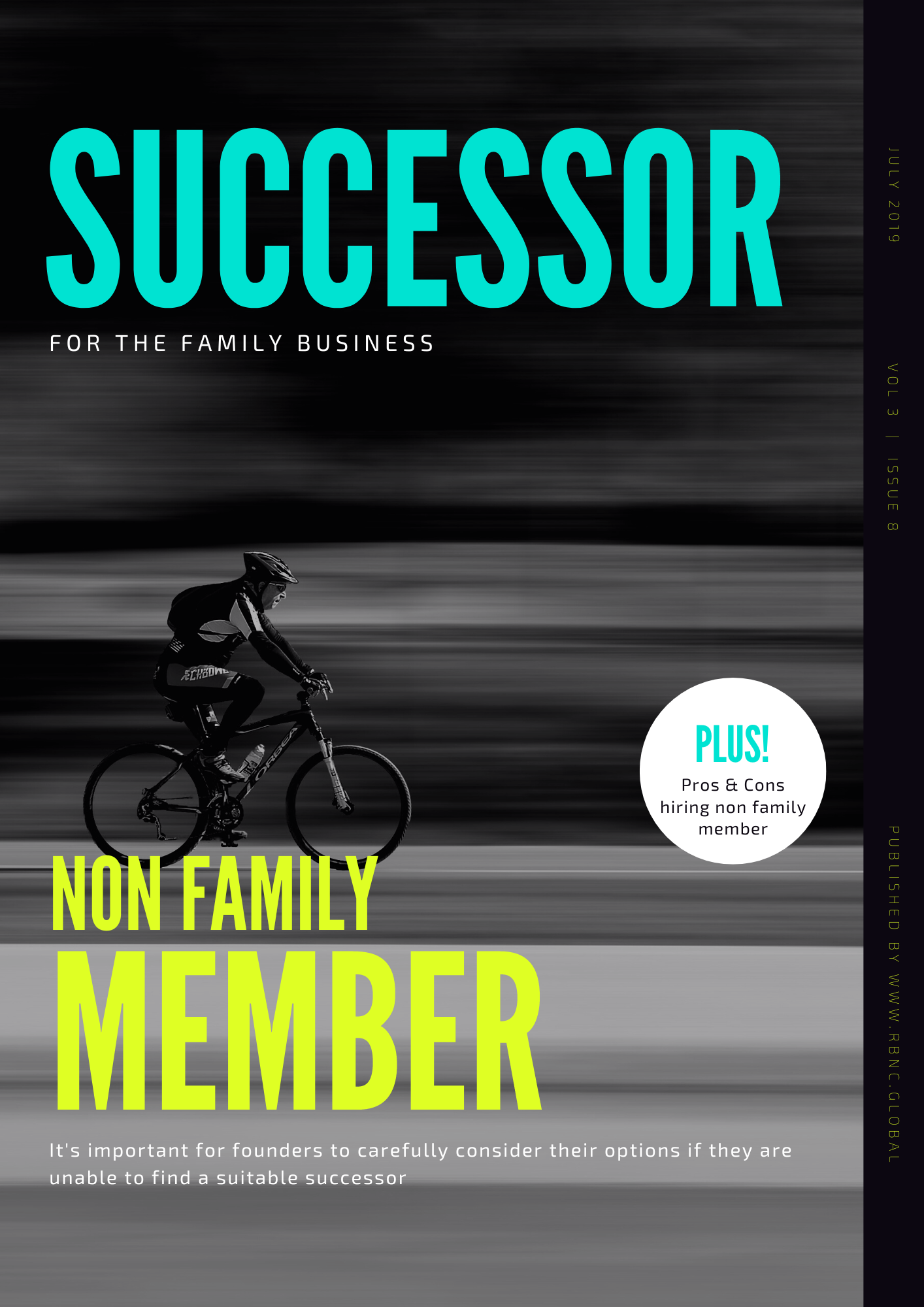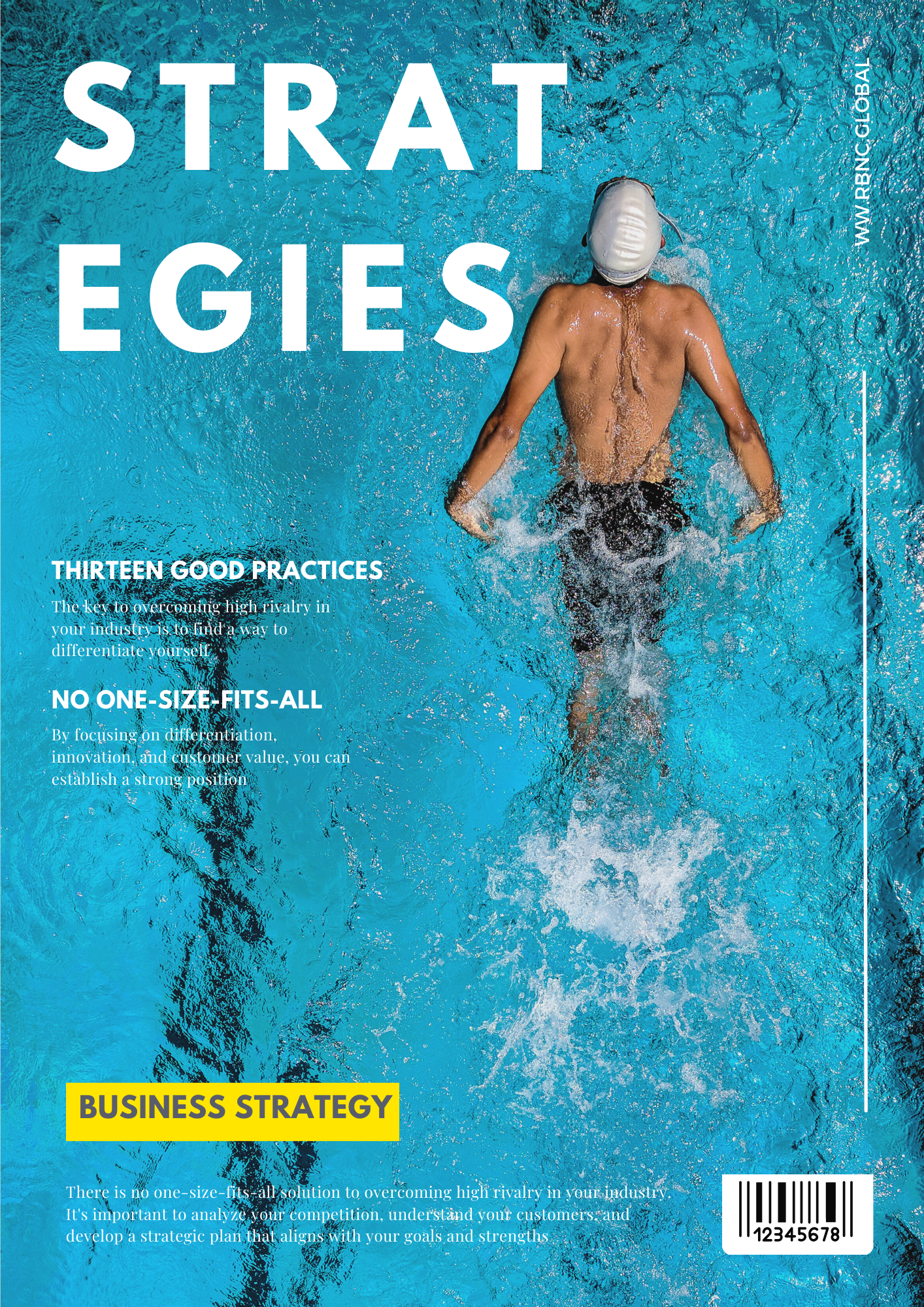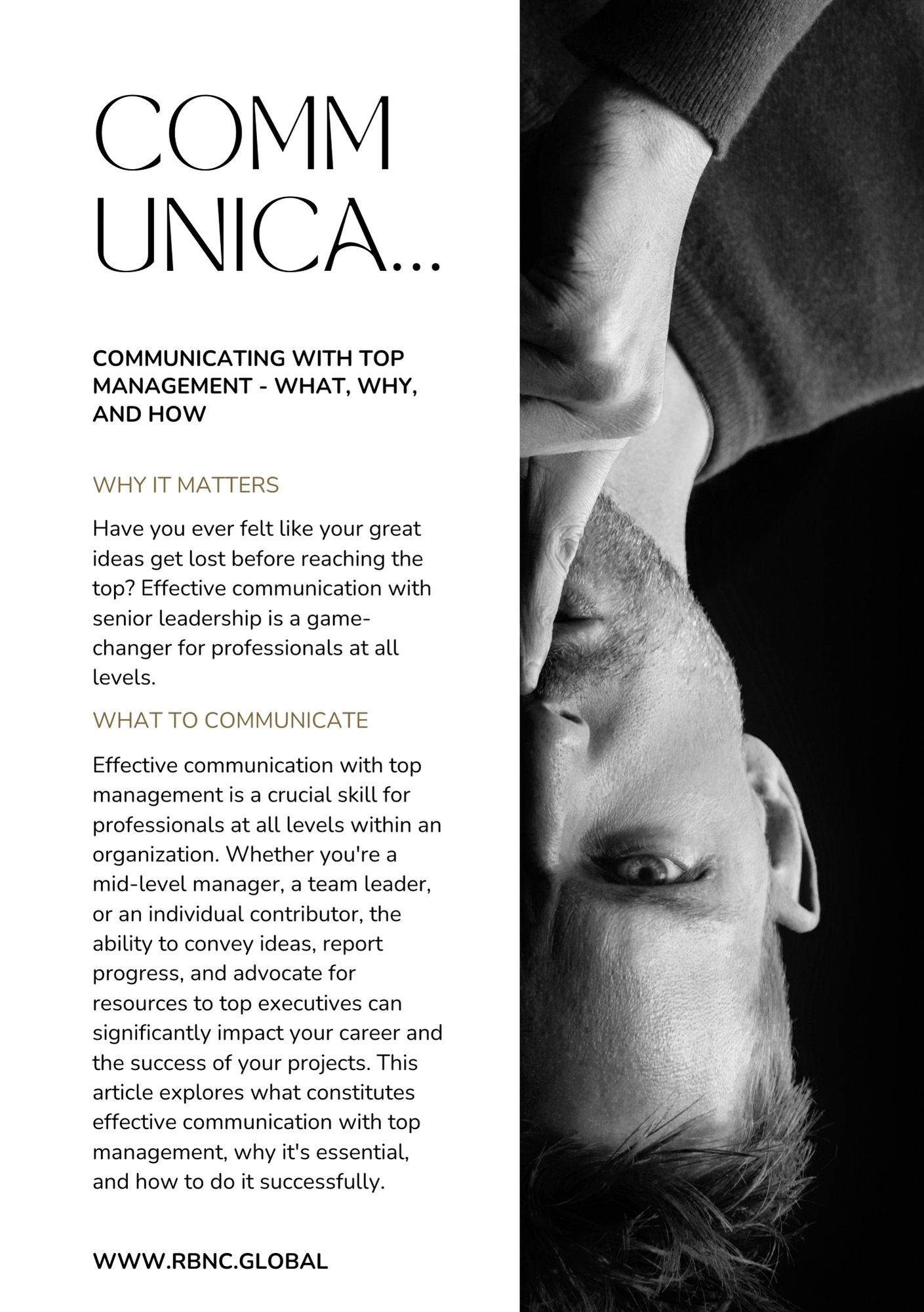Why Debate Strategy Sessions Are Critical for Any Organization
In today's volatile and intricate business world, organizations face a constant barrage of challenges. Navigating uncertainty, outpacing competitors, and adapting to rapid technological advancements demand a structured approach to decision-making, innovation, and risk assessment. Enter the debate strategy session – a powerful tool for fostering intellectual rigor, cultivating innovative thinking, and driving long-term success. These structured discussions empower key stakeholders to critically analyze ideas, challenge ingrained assumptions, and refine strategic direction through constructive conflict.
KEY POINTS
- Enhanced Decision-Making through Constructive Conflict: Debate strategy sessions improve decision-making by forcing participants to consider multiple perspectives, challenging assumptions, and uncovering hidden risks and blind spots. This leads to more informed and robust strategies.
- Driving Innovation and Adaptation: These sessions ignite innovation by fostering open dialogue and challenging the status quo. They create a safe space for unconventional ideas, accelerate learning, and enable organizations to adapt quickly to changing market dynamics.
- Strengthening Leadership and Team Dynamics: Debate strategy sessions cultivate essential leadership skills, such as weighing arguments and making decisions under pressure. They also improve communication, build team cohesion by encouraging healthy dissent, and ultimately foster a culture of respect and collaboration.
Debate Strategy Sessions: A Catalyst for Enhanced Decision-Making
Effective decision-making hinges on critical thinking. Debate sessions compel participants to examine issues from multifaceted perspectives, moving beyond conventional wisdom and hierarchical directives. Structured debate fosters fact-based analysis, logical reasoning, and the essential practice of questioning assumptions. This rigorous approach ensures decisions are grounded in sound reasoning and defensible logic, mitigating the risks of groupthink and personal bias.
Furthermore, these sessions illuminate organizational blind spots. Every organization possesses inherent limitations in its understanding of market trends, operational risks, or competitive threats. Debate strategy sessions provide a crucial platform for diverse viewpoints to emerge, shedding light on these often-overlooked challenges. By proactively addressing potential risks and counterarguments, organizations develop more resilient and robust strategies.
Crucially, debate sessions foster strategic alignment. Often, departments operate in silos, pursuing disparate objectives. These sessions bring cross-functional teams together, breaking down these silos and ensuring alignment between different business units. This holistic approach facilitates the integration of diverse perspectives into a unified strategy that effectively serves the organization's overarching goals.
Igniting Innovation Through Constructive Challenge
Open dialogue is the lifeblood of innovation. Debate sessions cultivate a safe space where individuals can present unconventional ideas without fear of immediate dismissal. This openness fuels creative problem-solving and empowers employees to think beyond the confines of traditional solutions.
Moreover, debate strategy sessions challenge the status quo. Organizations can easily fall into complacency, clinging to established norms. However, market dynamics are in constant flux, rendering yesterday's solutions obsolete. These sessions ensure that outdated assumptions are rigorously questioned, paving the way for the exploration of new, more effective strategies.
The process of engaging in structured debate also accelerates learning and adaptation. Participants are exposed to a rich tapestry of perspectives and industry insights, creating an ongoing learning mechanism that allows teams to adapt to new challenges with agility. The more an organization embraces debating strategic issues, the more responsive and resilient it becomes to change.
Cultivating Leadership and Strengthening Team Dynamics
Strong leadership requires the ability to weigh competing arguments and make well-informed decisions under pressure. Debate strategy sessions simulate these high-stakes decision-making environments, providing leaders with invaluable practice in refining their ability to make sound, data-driven choices.
Effective communication is paramount. Through participation in debates, employees and executives alike hone their ability to articulate thoughts clearly, defend viewpoints persuasively, and engage in constructive discourse. These skills are essential for negotiations, stakeholder management, and effective leadership.
While debate might appear confrontational on the surface, when implemented correctly, it strengthens team cohesion. Employees learn to challenge ideas without taking criticism personally, fostering a culture where healthy dissent is encouraged and valued. This ultimately leads to stronger collaboration and mutual respect.
Practical Implementation: Structuring for Success
Effective debate strategy sessions require careful planning and execution. Each session should begin with clearly defined objectives. Whether the goal is to assess market expansion opportunities, refine product strategies, or evaluate competitive threats, clarity in objectives ensures productive discussions.
Assigning specific roles is crucial for maintaining structure. These roles might include proponents (advocates for a particular strategy), opponents (those challenging the proposed strategy), moderators (neutral facilitators ensuring balanced discussions), and observers (participants who provide insights and feedback).
Data-driven arguments are essential. Subjective opinions should be minimized in favour of reasoning supported by data. Participants should be encouraged to back their claims with industry research, financial data, case studies, and real-world examples.
Creating a respectful environment is paramount. To maximize effectiveness, a culture of respect and active listening must be fostered. Encouraging participants to focus on ideas rather than personalities prevents debates from becoming personal and counterproductive.
Finally, it is crucial to document key takeaways and action items. Each session should conclude with a summary of key insights and actionable next steps. These takeaways should be communicated across relevant teams to ensure follow-through on decisions made during the debate.
Conclusion: Embracing Debate as a Strategic Necessity
In today's rapidly changing and fiercely competitive environment, organizations can no longer afford to rely on outdated strategies or unchallenged assumptions. Debate strategy sessions offer a structured and dynamic approach to refining decision-making, driving innovation, and cultivating a resilient corporate culture. By integrating debate into their strategic planning process, organizations not only sharpen their competitive edge but also develop a team of critical thinkers capable of navigating the uncertainties of the future. The ability to debate effectively is not merely a desirable skill – it is a strategic necessity for organizational success.

